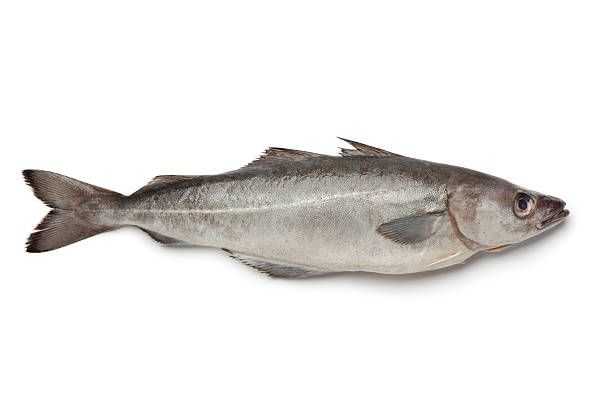Pollock, a member of the cod family, is a popular white fish known for its mild, flaky flesh. Its versatility in cooking, combined with its sustainability and affordability, has made it a popular choice for consumers.
A Brief History of Pollock
Pollock has been a staple food in many cultures for centuries. It is particularly abundant in the North Atlantic and Pacific Oceans. In recent years, pollock has gained popularity as a sustainable alternative to other fish species.
Culinary Uses of Pollock
Pollock’s mild flavor makes it a versatile fish that can be prepared in many ways. Here are some popular methods:
- Baking: Pollock fillets can be baked in the oven with a variety of seasonings, such as lemon, herbs, and spices.
- Broiling: Broiling pollock fillets gives them a crispy exterior and a moist interior.
- Frying: Pollock can be battered and fried for a crispy, golden-brown treat.
- Poaching: Poaching pollock in a light broth or court bouillon preserves its delicate flavor.
Nutritional Benefits of Pollock
Pollock is a lean, white fish that is low in calories and high in protein. It is also a good source of essential vitamins and minerals, including vitamin B12, selenium, and phosphorus. Additionally, pollock is a good source of omega-3 fatty acids, which are beneficial for heart health.
Sustainable Pollock Consumption
Pollock is often considered a sustainable seafood choice, as it is abundant and well-managed. However, it’s important to choose sustainably sourced pollock to ensure the health of marine ecosystems. Look for certifications like the Marine Stewardship Council (MSC) when purchasing pollock products.
In conclusion, pollock is a delicious and nutritious fish that is both affordable and sustainable. Its versatility in cooking makes it a great choice for a variety of dishes. By choosing sustainably sourced pollock, you can enjoy this flavorful fish while helping to protect our oceans.
Would you like to know more about a specific aspect of pollock, such as its culinary uses, nutritional value, or sustainability?
